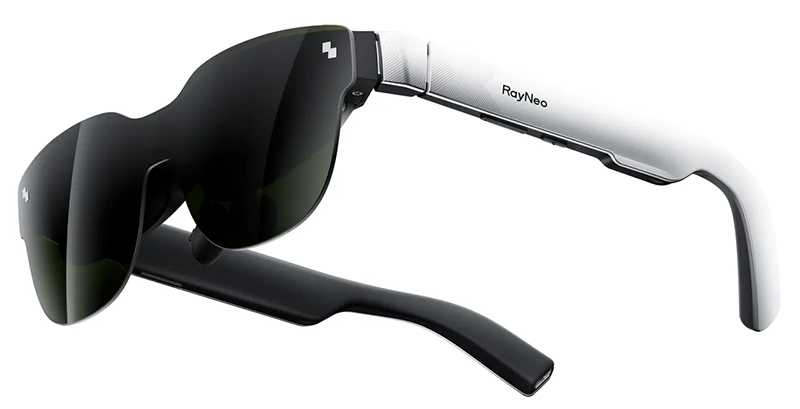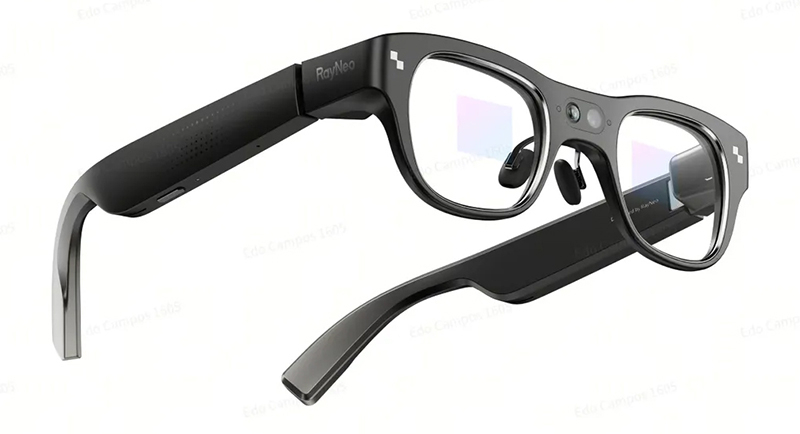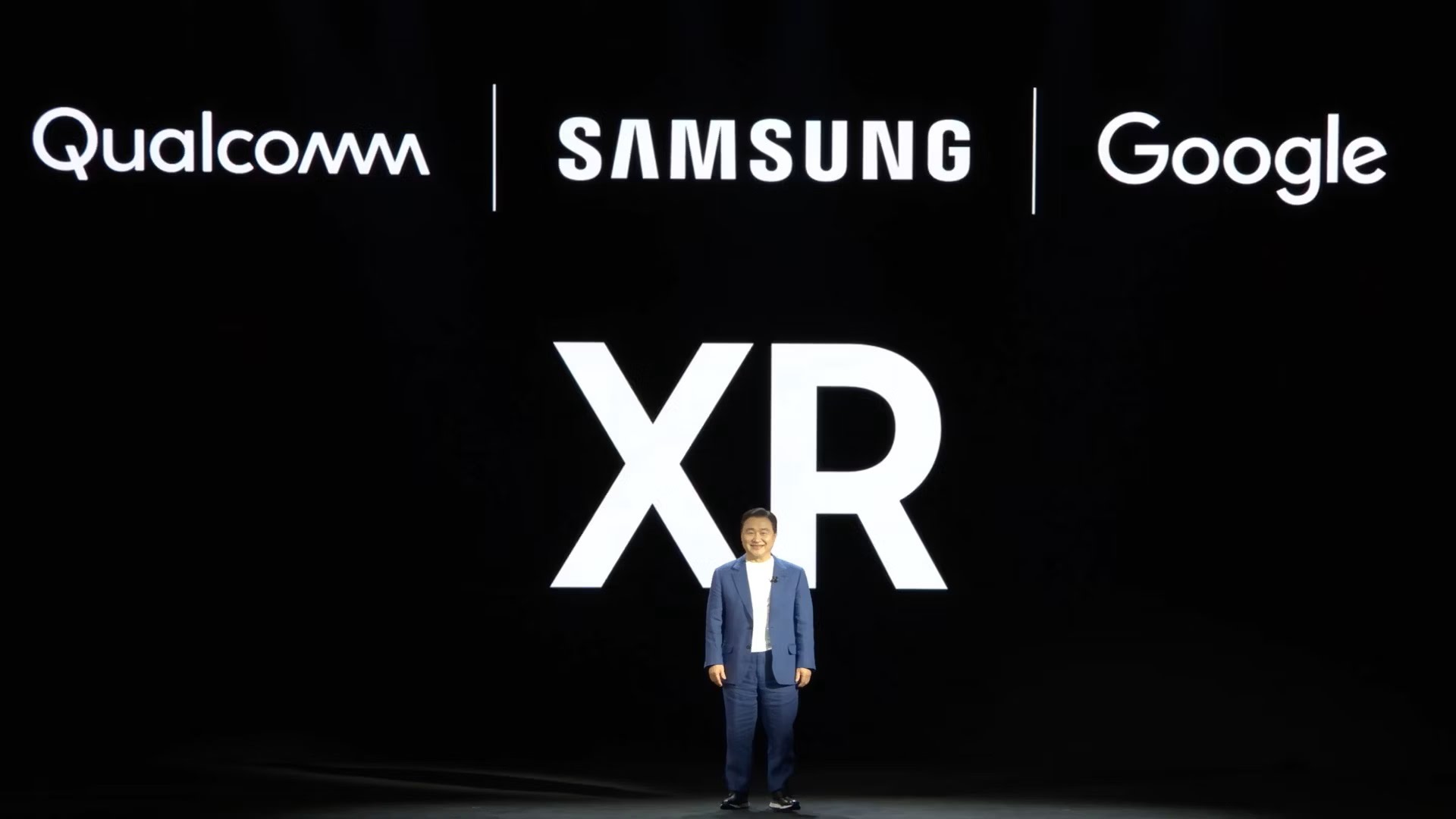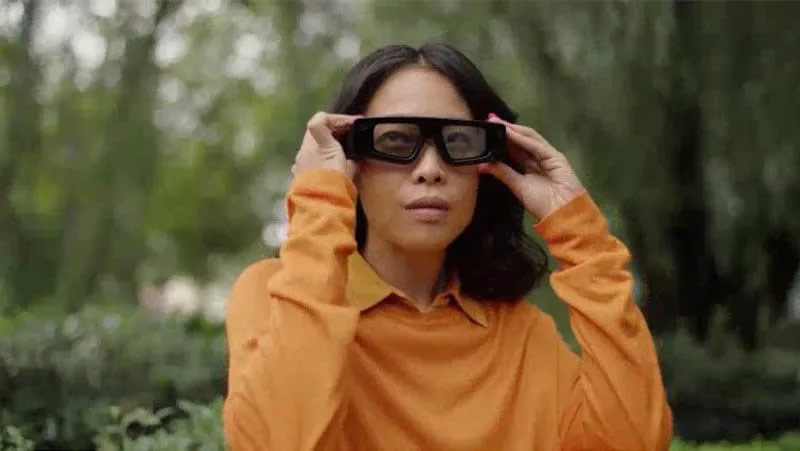Chinese company RayNeo unveiled its new X3 Pro augmented reality glasses at CES, and I was pleasantly surprised to see that the company seemed to have crammed an impressive amount of tech into a relatively small pair of glasses.
The new product is based on the Qualcomm Snapdragon AR1 Gen 1 chip, designed specifically for lightweight smart glasses with AI support. For comparison, the bulkier RayNeo X2 glasses used the Qualcomm Snapdragon XR2 chip – the same as the Meta Quest 2.
RayNeo X3 Pro is equipped with two binocular full-color Micro LED displays with a brightness of up to 2500 cd/m², which project virtual objects against the background of the external environment using optical waveguide technology. The device is also equipped with two cameras: one is designed for video recording, and the second is for tracking the environment and hand movements. Earlier it became known that RayNeo augmented reality glasses will use Alibaba AI models.

RayNeo X3 Air are glasses-displays similar to the models produced by Xreal. The displays support a contrast ratio of 200,000:1, creating the effect of a virtual screen with a diagonal of 201 inches, and provide improved sound.
RayNeo hasn’t announced an official price or launch date yet, but Liu told me they hope to release them later this year for around $1,500.




